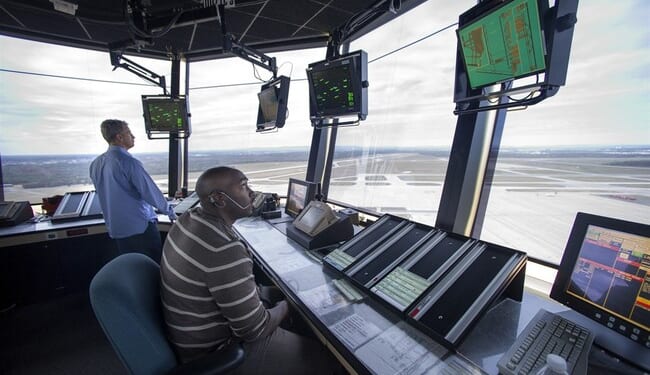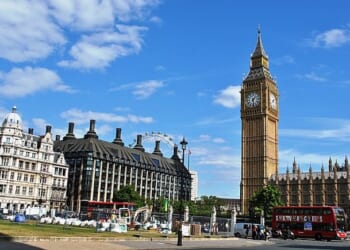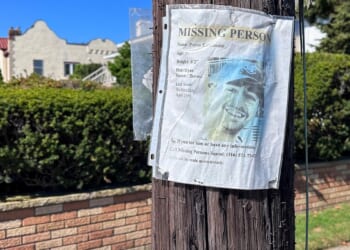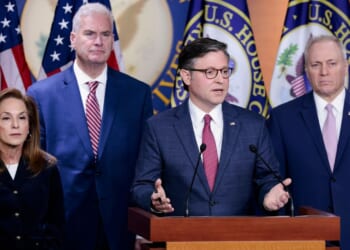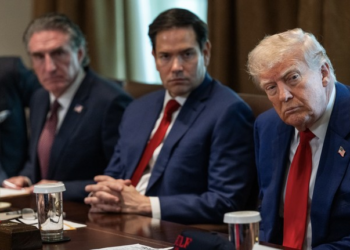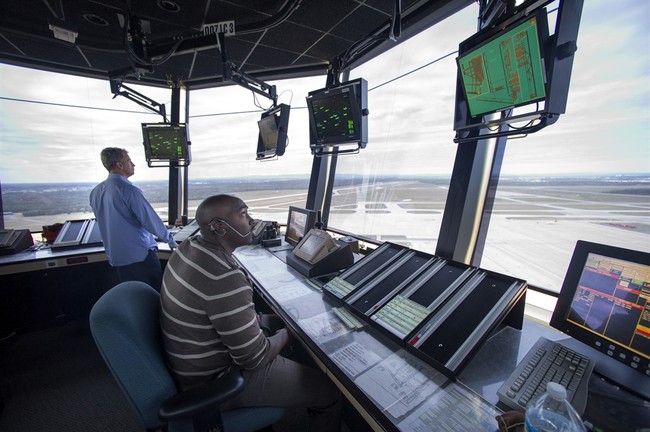
The FAA’s order to airlines to reduce air traffic by 10% has the potential to cause a “Thanksgiving holiday meltdown,” according to a coalition of travel industry groups.
U.S. Travel Association and nearly 500 tourism organizations and companies sent a letter to Congress warning that “the ongoing shutdown could depress demand and cost the U.S. travel economy billions, hurting local businesses nationwide,” according to Axios.
“Thanksgiving should be about spending time with family, not worrying about flight disruptions or canceled plans,” Geoff Freeman, U.S. Travel president and CEO, said in the release. “The damage from this shutdown is growing by the hour, with 60% of Americans reconsidering their travel plans.” The shutdown has already cost the travel industry up to $4 billion, according to the letter.
FAA Administrator Bryan Bedford said during a press conference on Wednesday, “Our sole role is to make sure that we keep this airspace as safe as possible. This is about where the pressure is and how to really deviate the pressure.”
The traffic reduction will start on Friday and hit more than 40 airports. International travel will not be affected, nor will hub-to-hub air traffic. The traffic rollback will happen in stages, according to CBS News, and will be completed sometime next week.
The network said the 40 airports affected include not only busy passenger airports but also terminals that handle heavy cargo traffic, including Louisville, Memphis, and Anchorage. An official list of airports affected is expected to be released by the FAA on Thursday.
The air traffic control industry has long depended on federal subsidies to keep operations running. After seeing the effects that government shutdowns, both past and present, have had on air travel in America, some have proposed privatizing the system.
“We shouldn’t subsidize transportation modes,” a Cato Institute fellow and former senior economist on the congressional Joint Economic Committee, Chris Edwards, said to The New York Sun. “It earns revenue by itself.”“It’s entirely feasible,” he said in regard to making the air traffic control system a privatized non-profit corporation. “There are dozens of other countries that have gone halfway to that.
Canada commercialized its air traffic control system in 1996 and “now has far more advanced capabilities with just two-thirds the cost of the U.S,” according to the Daily Signal.
“It’s funded entirely by user fees,” Rick Geddes, professor at Cornell University and founding director of the Brooks Center for Infrastructure, said. “So rather than relying on a government allocation to keep air traffic control going, they charge fees for the use of the air traffic control system.”
Switzerland’s Skyguide, a commercialized air traffic control system, “boasts 95% on-time flights—as compared to only about 75% under the U.S. system,” according to the Daily Signal.
In an open letter to the Department of Government Efficiency, transportation expert Robert Poole described U.S. air traffic control as “a would-be high-tech service business trapped in a cautious bureaucracy.” He explained that the air traffic control and the Federal Aviation Administration’s reliance on annual funding means that “new systems get produced in small batches over a decade or more, with the last recipients not getting equipped before the system’s technology may already be obsolete.”
Government shutdown or not, it’s time for policymakers to free American passengers and businesses from bureaucratic inefficiencies and costs by commercializing America’s air traffic control.
Who could possibly oppose these common-sense solutions to the problems presented by an expensive, unwieldy bureaucracy?
Marc Scribner, senior transportation policy analyst at Reason Foundation, eschews the term “privatization.” “What’s really been happening is the conversion of air traffic control into a utility rather than an agency,” he said. This is opposed by the private plane lobbies, which currently enjoy the benefits of the air traffic control system without having to pay more than a pittance for them.
“Under the status quo, those users pay a very small fuel tax,” Scribner said. “And in the case of private jets, their fuel tax collections do not come close to covering their cost of system use. So, what we have today, in effect, is a system where airline passengers who pay taxes on their tickets are cross-subsidizing the air traffic control services of private jet owners and users.”
“In essence, taxpayers pay the cost of air traffic control for private and business jets. Private plane owners and users didn’t want that to change,” writes Dan Levin of Straight Arrow News.
The effort to privatize or turn the air traffic control system into a utility has been taken off the table by Transportation Secretary Sean Duffy, at least for the foreseeable future. But it’s obvious that removing air traffic control from the political arena and making its funding independent of the government is an idea whose time has come.
The Schumer Shutdown is here. Rather than put the American people first, Chuck Schumer and the radical Democrats forced a government shutdown for healthcare for illegals. They own this.
Help us continue to report the truth about the Schumer Shutdown. Use promo code POTUS47 to get 74% off your VIP membership.

